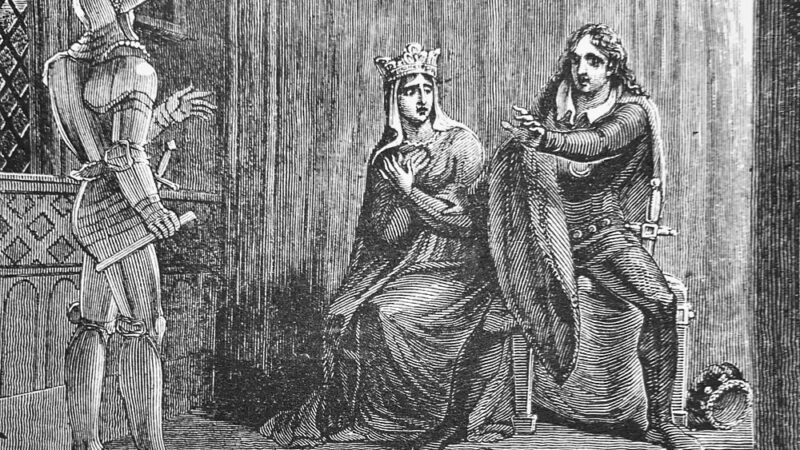Civic Holiday is a Canadian holiday observed on the first Monday of August. While it may not commemorate a specific person or event, its purpose is simple and meaningful—an extra day to relax, recharge, and enjoy life. For many Canadians, it’s the perfect chance to step away from daily routines and make the most of summer.
History
Civic Holiday originated in 1871 as part of the British tradition of “bank holidays.” As a former British colony, Canada adopted this practice four years later. Over time, the holiday became known as Civic Holiday in many regions. Despite the name, it was not created with political intentions, but simply as a day of rest.
Today, the holiday is recognized differently across provinces and municipalities, often taking on names and themes that reflect local history and figures.
Interesting Facts
- The holiday is observed in various ways depending on the province or city.
- Not all provinces recognize the first Monday in August as a statutory holiday, but cultural and community events are still held nationwide.
- Some cities dedicate the day to local heroes—for example, Burlington celebrates it as Joseph Brant Day, in honor of the Mohawk leader.
How to Take Part
There are no strict traditions for Civic Holiday, which gives people the freedom to celebrate however they wish. Many Canadians spend the day with family and friends, enjoy barbecues, or go on picnics. Others use the long weekend to travel, relax at the cottage, or catch up on hobbies.
Communities often host festivals, historical reenactments, and public entertainment. In some places, Civic Holiday coincides with a local founding day, blending national celebration with municipal pride.
When is Civic Holiday in 2025?
Civic Holiday is observed on the first Monday of August.
Observations
| Weekday | Month | Day | Year |
| Monday | August | 4 | 2025 |
| Monday | August | 3 | 2026 |
| Monday | August | 2 | 2027 |
| Monday | August | 7 | 2028 |
| Monday | August | 6 | 2029 |




